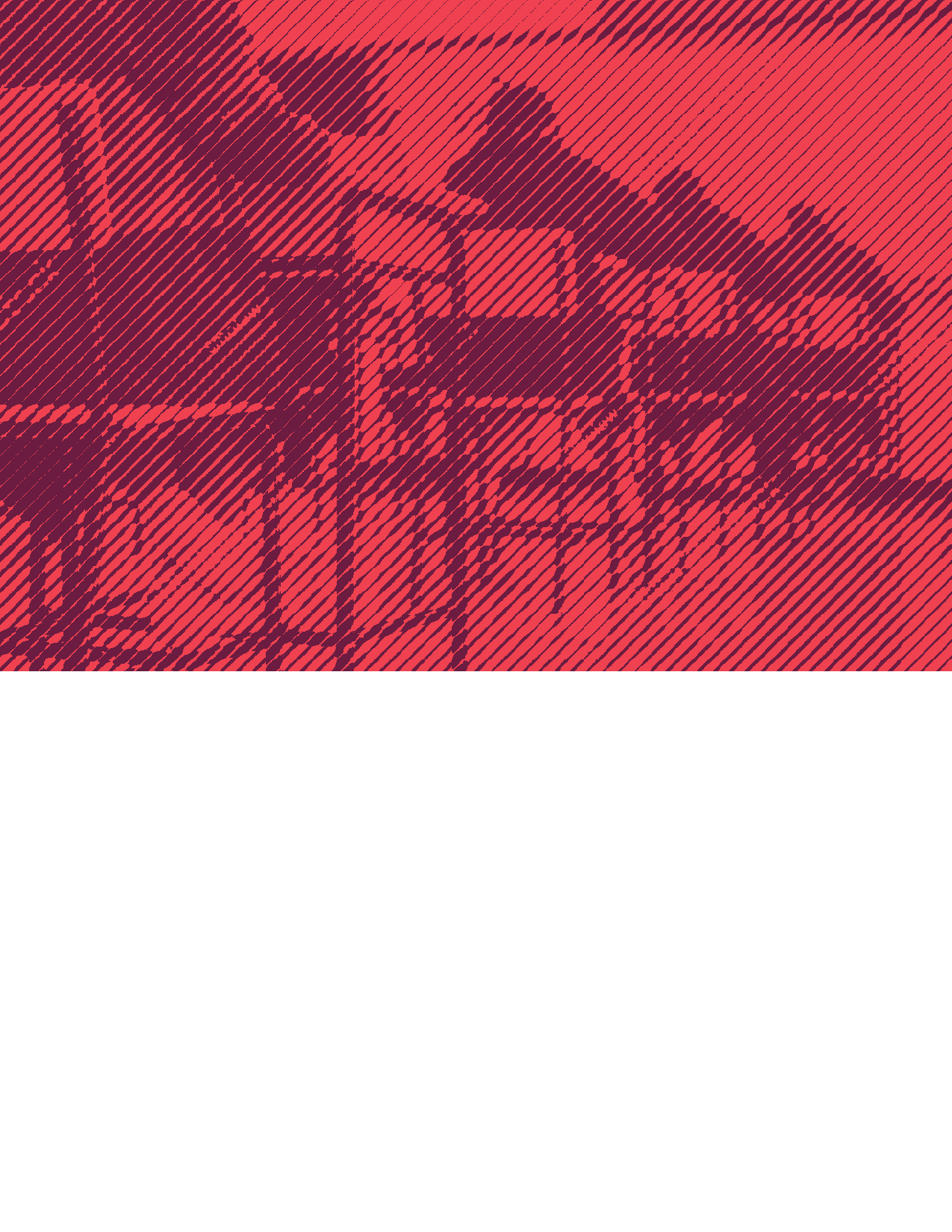
It’s Back to School Season!
As students across North Carolina and the nation return to school, they face a new challenge: navigating a shifting educational landscape shaped by policies introduced by the Trump administration and their impact at the state level.
Here in North Carolina, several bills have passed that will impact the rights of LGBTQ+ people and kids who come from immigrant families. ACLU-NC stands ready to oppose anything that jeopardizes individuals' civil rights. The passage of these bills shows why it’s so important for people to be aware and to speak out against their harmful impact. That’s why we created this back-to-school guide— to equip students, families, and communities with the knowledge and tools they need to protect their rights and push back against harmful laws.






